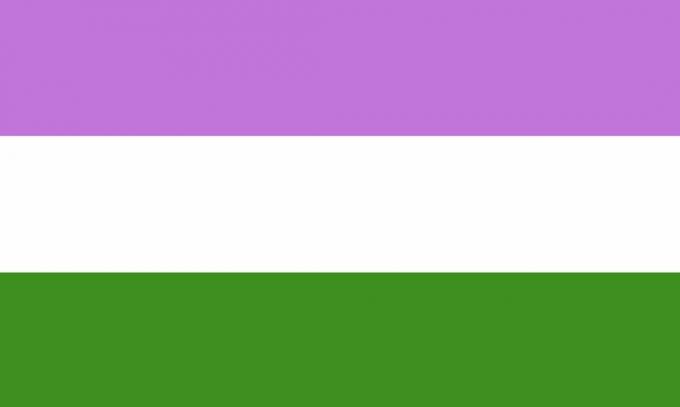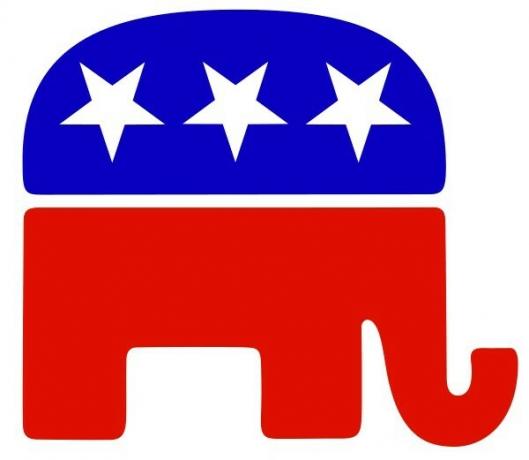Queer is the term used to refer to people who do not fit traditional standards of gender identity and sexuality.
Queer people can assume a diversity of expressions of gender and sexuality, not identifying with normative, cisgender and heterosexual standards.
Queer people do not fit into labels, therefore, their identities are free, and each individual can express himself as he feels best.
The letter Q, in the acronym of communityLGBTQIA+, represents queer people. The term is from the English language and means "strange" or "weird", it was a pejorative way of calling homosexuals and transsexuals.
However, the term has been reframed and started to be used in the empowerment of those who expressed their gender and sexuality identities in a way that was different from what was traditionally considered.
Queer gender and sexuality

Both gender identity and queer sexual orientation are characterized by fluidity and non-compliance with standards established gender and sexuality issues.
But what is gender identity and sexual orientation?
gender identity it is a person's personal perception of their own gender, not being related to biological sex.It is about how a person identifies and recognizes their gender. For example, identifying as female, male, or non-binary are types of gender identity.
A sexual orientation indicates how a person relates romantically and sexually. Someone who has sex with the opposite sex is heterosexual, someone who has sex with someone of the same sex is homosexual.
Or even, those who relate to men and women are bisexual, those who do not have any type of sexual desire are asexual, among many other orientation possibilities.
It was socially constructed that gender and sexuality existed only within the cisgender standard (person whose gender is in line with the sex assigned at birth) and heterosexual, based on male binary and feminine.
However, queer people do not fit into these two identities. On the contrary, they identify with a diversity of gender expressions. Being able to mix male, female and other expressions.
It's about gender fluidity. These people don't view gender strictly (as cisgender or transgender, for example), but as something that can vary throughout life, it can mix and create new gender identities.
The way of experiencing sexuality is also not labelled, and you may be attracted to people of the same sex, of the opposite sex and of the same sex, simply not feeling sexual attraction, among other types of guidance.
That is, how will queer people express their identity and sexuality can vary greatly from person to person. The word queer turns out to be a term umbrella for all who identify with gender fluidity and sexual non-normativeness.
The queer community understands that human experiences are complex and varied, and there is no correct way to express gender identity or sexual orientation while respecting individuality.
For a person to be queer, it is enough for him to identify himself that way. And if there are doubts about the way this person prefers to be called, for example, if he uses masculine, feminine or neutral pronouns, it is always worth asking.
understand better what is gender identity It is sexual orientation.
Difference between queer and non-binary
The term queer is an umbrella word to refer to those who do not fit normative standards of gender and sexuality. It refers to gender and sexual identities.
Non-binary is a gender identity, and people who identify as non-binary are the ones who don't. they see themselves in the male and female genders, they see themselves in both genders or even at times in one and then in other.
Therefore, the main feature that distinguishes the two expressions is that the term queer can also refer to sexual orientation, while the non-binaryism only addresses gender identity.
What will define whether a person is queer or non-binary is how they identify, which term makes the most sense for their personality and life. And nothing prevents a person from identifying himself in both ways.
See also what is non-binary gender It is types of non-binary people.
Difference between queer and intersex
An intersex person is one who is born with a reproductive system that is neither fully male nor fully female. It is about a biological condition.
There are many types of intersexuality, from people who have male-characteristic genitals and female to people with genetic variations, with chromosomes referring to a sex, but the genital anatomy of other. It is a natural condition, present from birth.
Therefore, the terms queer and intersex are not directly related. While being intersex is a biological condition, being queer is a gender and sexual identity. People Intersex can identify as queer. However, not every queer person is intersex.
queer theory
Queer Theory is a interdisciplinary theory of Social and Human Sciences, developed in the Feminist and Gender Studies. It is an academic theory that deconstructs male and female gender identities as the only possible and naturally existing ones.
Queer Theory states that gender identities are socially constructed and are not a natural factor. or biological, therefore, other forms of expression of gender and sexuality identities could exist.
Academic studies that are based on Queer Theory generally address issues related to the LGBTQIA+ community, in social, historical, cultural and media issues.
See also the LGBTQIA+ community flags

